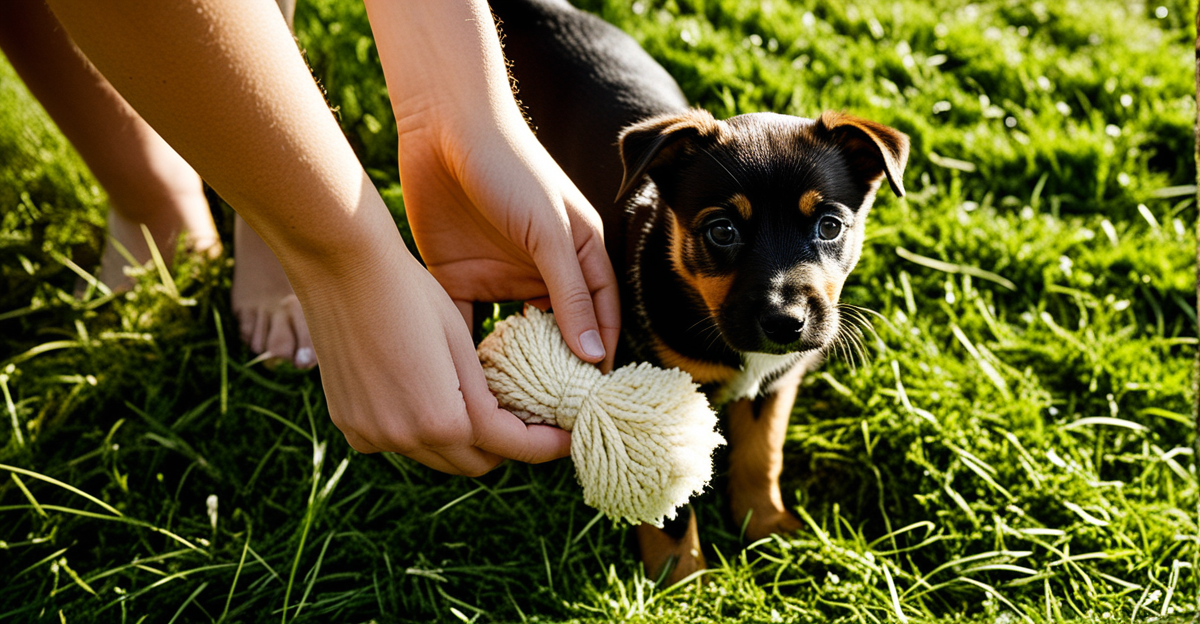Immediate actions for reducing pet environmental impact
Taking immediate steps to reduce your pet’s environmental footprint can start with simple adjustments in daily routines. Adopting eco-friendly pet care UK habits, such as switching to refillable water stations or using energy-efficient grooming tools, directly cuts down resource use. For instance, choosing biodegradable pet products made locally helps support sustainable pet ownership while reducing waste.
In the UK context, practical actions include sourcing pet supplies from nearby vendors to lower transportation emissions and ensuring proper disposal of pet waste through recommended channels. These practices not only minimize carbon output but also promote healthier ecosystems. Awareness of your pet’s environmental impact is crucial—understanding how factors like diet, waste, and accessory choices contribute empowers owners to make better decisions.
In the same genre : How can UK pet owners ensure their pets’ health and wellness?
By integrating these habits, pet owners in the UK can effectively contribute to reducing pet carbon footprint. Early adoption fosters a culture of responsibility and encourages brands to offer more sustainable options. Remember, sustainable pet ownership hinges on consistent, informed choices that benefit both pets and the planet.
Sustainable pet food and nutrition choices
Choosing sustainable pet food UK options plays a vital role in reducing pet carbon footprint. Pet food production contributes significantly to environmental impact, so selecting diets with lower carbon emissions is essential. For example, opting for locally sourced, organic ingredients reduces transportation emissions and supports British agriculture.
Also to read : How can you manage pet allergies in a UK home?
Eco-friendly pet diets increasingly include innovative alternatives like insect-based protein, which requires less land, water, and energy compared to traditional meat sources. These options provide balanced nutrition while being kinder to the planet. It’s important to assess how pet food companies handle packaging and supply chains; those focused on sustainability often use recyclable or minimal packaging materials and implement greener logistics.
Local pet food sourcing ensures freshness and reduces environmental costs. UK pet owners can find many sustainable brands prioritising ethical ingredient sourcing and environmental responsibility. By prioritising sustainable pet food UK choices, owners take a significant step toward sustainable pet ownership.
Ultimately, integrating these smart nutrition choices into daily routines helps reduce the overall environmental footprint of pet care and encourages broader industry shifts toward greener practices.
Immediate actions for reducing pet environmental impact
Starting eco-friendly pet care UK involves simple, actionable steps that immediately contribute to reducing pet carbon footprint. Switching to reusable water bowls and choosing energy-efficient grooming tools cuts down daily resource use significantly. UK pet owners can easily adopt habits like buying from local suppliers, which lowers transportation emissions and supports sustainable pet ownership in their community.
Awareness remains key. Understanding how activities like feeding, waste disposal, and product choices impact one’s environmental footprint allows owners to make more responsible decisions. For example, reducing single-use plastics in pet supplies and properly disposing of pet waste align with UK environmental standards and help protect local ecosystems.
Immediate adjustments, such as opting for biodegradable pet products or using refillable containers, also motivate broader shifts in the pet care industry. They encourage brands to innovate towards greener alternatives. By embedding sustainable practices into everyday pet care, UK owners actively participate in lowering environmental impacts without compromising their pets’ wellbeing or comfort.
Immediate actions for reducing pet environmental impact
Small, deliberate changes in daily routines offer effective ways to practice eco-friendly pet care UK while swiftly lowering environmental harm. For example, swapping disposable pet items for reusable alternatives, like washable pet bowls or refillable water containers, directly supports reducing pet carbon footprint. These habits save resources and cut waste generated by single-use plastics.
Selecting supplies from local pet stores or UK-based sustainable brands furthers sustainable pet ownership. Buying nearby reduces emissions related to shipping and packaging, and encourages community businesses focused on eco-conscious products. Immediate adoption of such choices is practical and impactful.
Raising awareness about pets’ environmental effects also drives positive change. Understanding that factors like product sourcing, waste management, and energy use contribute to a pet’s carbon footprint empowers owners in the UK to make informed decisions. Education can be encouraged through community groups and social networks, reinforcing accountability for greener pet care.
By embedding these accessible habits focused on sustainability, pet owners contribute meaningfully to climate goals while enhancing their pets’ wellbeing. These immediate actions are crucial steps in fostering widespread eco-friendly pet care UK practices.
Immediate actions for reducing pet environmental impact
Taking quick steps in daily routines is essential for effective eco-friendly pet care UK. Adopting sustainable pet ownership practices such as using reusable pet supplies reduces waste and supports environmental goals. For example, switching from disposable to washable pet bowls and refillable water containers immediately lessens plastic consumption. These choices also align with reducing pet carbon footprint by lowering production and disposal emissions.
Choosing UK-based suppliers helps shorten transport distances, cutting carbon emissions and encouraging responsible local business growth. Engaging with local communities through awareness campaigns deepens understanding of pets’ environmental impacts, motivating widespread behaviour change across pet owners.
Understanding the environmental cost of pet waste, energy use, and product sourcing allows owners to make informed decisions quickly. Immediate actions like proper waste disposal, selecting biodegradable items, and favouring energy-efficient grooming tools all contribute significantly to eco-friendly pet care UK.
By incorporating these practical habits, pet owners foster a culture of sustainability while protecting pets’ wellbeing. Small, well-informed adjustments collectively drive lasting benefits for the environment and demonstrate commitment to sustainable pet ownership principles.
Immediate actions for reducing pet environmental impact
Practicing eco-friendly pet care UK means embedding sustainable habits into everyday routines. Simple steps like choosing refillable water containers and energy-efficient grooming tools can drastically aid in reducing pet carbon footprint. Using local, UK-sourced products further cuts transportation emissions, supporting sustainable pet ownership by fostering greener supply chains.
Heightening awareness about pets’ environmental effects plays a crucial role. Understanding how diet, waste disposal, and product choices influence the carbon footprint empowers owners to make swift, responsible decisions. For example, switching to biodegradable pet items or opting for reusable alternatives not only lessens waste but also signals demand for eco-conscious innovation in pet care markets.
In the UK, community engagement and education encourage a culture embracing greener pet habits. Promoting local sustainable brands reduces reliance on long-haul imports, while conscientious disposal of pet waste aligns with environmental guidelines. Taken together, these immediate actions deliver measurable reductions in pet-related environmental harm, proving that committed owners can advance eco-friendly pet care UK without compromising pet wellbeing.









